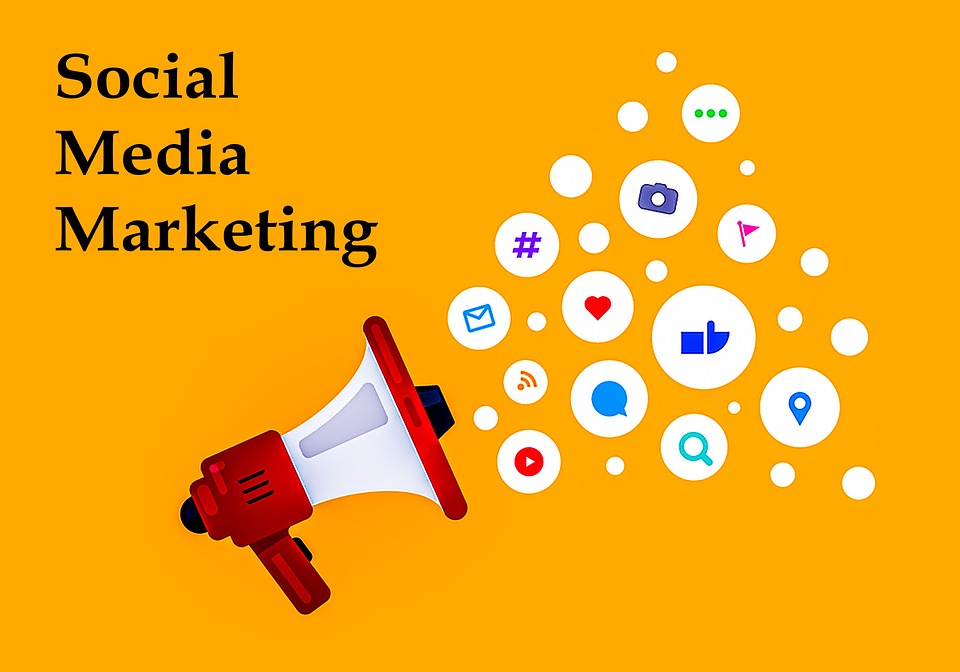The Dangers of Living in a Social Media Bubble
Social media is a powerful tool that has completely transformed the way we communicate with each other. We can connect with loved ones who live thousands of miles away, follow our favorite celebrities, and stay up to date on current events with just a few taps on our phone. However, with this unprecedented access to information and the ability to curate our own content, it is becoming increasingly easy to fall into a social media bubble that can have some serious consequences.
In this article, we will explore the dangers of living in a social media bubble and why it is important to step outside of it from time to time.
What is a social media bubble?
A social media bubble refers to the filters and algorithms that social media platforms use to curate content specifically tailored to the individual user, based on their browsing history, interests, and demographic information. This means that users are only exposed to information that aligns with their existing beliefs and interests. As a result, social media can create echo chambers where users are only exposed to information that reinforces what they already believe.
The dangers of living in a social media bubble
1. Confirmation bias
One of the most serious dangers of living in a social media bubble is the confirmation bias it creates. Because users are only exposed to information that supports their pre-existing beliefs and opinions, they may be less likely to consider alternative viewpoints or evidence that challenges their beliefs.
For example, if a person only follows conservative news outlets on social media, they may never be exposed to opposing viewpoints, leading to a distorted view of reality and an inability to empathize with people who hold different views.
2. Polarization
Social media bubbles can also lead to political polarization, as users become more entrenched in their own beliefs and less willing to engage in productive dialogue with those who hold opposing views. This can cause us to become less tolerant and understanding of people who think differently than we do, making it harder to find common ground and work towards solutions to complex problems.
3. Misinformation
Another danger of living in a social media bubble is the potential for misinformation to spread unchecked. Social media algorithms are designed to show users content that is more likely to engage them, which can lead to the spread of fake news and misinformation. This can have serious real-world consequences, such as contributing to the spread of conspiracy theories or even influencing election outcomes.
Breaking out of your social media bubble
While it can be easy and comfortable to stay in our social media bubbles, it is important to actively work to break out of them. Here are a few tips to help you do so:
1. Follow a diversity of sources
One way to break out of your social media bubble is to follow a diversity of sources, including those who hold opposing viewpoints. By intentionally seeking out diverse perspectives, you can start to gain a more nuanced understanding of complex issues.
2. Limit your time spent on social media
While there are many benefits to social media, spending too much time on these platforms can lead to a distorted view of reality and exacerbate the dangers of living in a bubble. Consider limiting your time spent on social media and diversifying the content you consume to help combat these effects.
3. Have face-to-face conversations
Finally, consider having face-to-face conversations with people who hold different views than you. While it can be uncomfortable to engage with those who hold opposing viewpoints, doing so can help us break down barriers and find common ground.
Conclusion
Living in a social media bubble can have serious consequences, including confirmation bias, polarization, and the spread of misinformation. By actively seeking out diverse perspectives and engaging with those who hold opposing views, we can work to break down our social media bubbles and gain a more nuanced understanding of the world around us.






